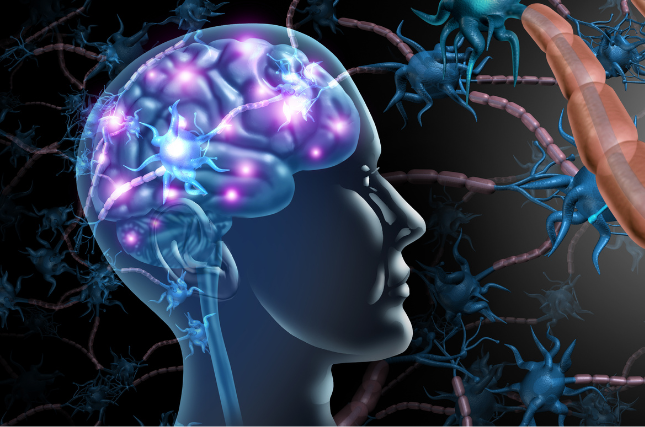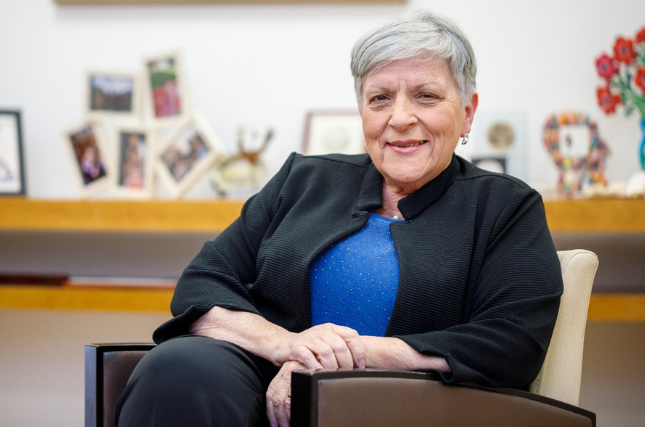
June 17, 2025 – The Hebrew University of Jerusalem proudly congratulates three of its esteemed researchers—Professors Dorit Aharonov, Israel Nelken, and Tamar Ziegler—on receiving highly competitive European Research Council (ERC) Advanced Grants.
This prestigious recognition, part of the EU’s Horizon Europe program, supports senior researchers in pursuing ambitious, curiosity-driven projects with the potential for significant scientific breakthroughs. The ERC Advanced Grant is one of Europe’s most selective funding programs, aimed at empowering leading scholars at the forefront of their fields.
The awarded projects span diverse fields, underscoring Hebrew University’s ongoing commitment to research excellence and innovation.
Professor Tamir Sheafer, Rector of the Hebrew University, praised the recipients: “This remarkable achievement reflects the outstanding quality of research conducted at the Hebrew University. We are immensely proud of Professors Aharonov, Nelken, and Ziegler for pushing the boundaries of knowledge and earning international recognition at the highest level. Their success reaffirms our institution’s status as a global leader in academic research.”
Professor Israel (Eli) Nelken, of the Edmond and Lily Safra Center for Brain Sciences and the Alexander Silberman Institute for Life Sciences, was awarded an ERC Advanced Grant for his project MEMORAT, which investigates the cellular and network bases of continual learning.
Professor Nelken stated: “Decades of research have advanced our understanding of synaptic plasticity, yet a central puzzle remains: while memories can be highly stable and organisms can add new memories without erasing old ones, current data and models fail to explain this stability or support lifelong (‘continual’) learning. In MEMORAT, I will study auditory continual learning in behaving rats, measuring memory stability during that time, and critically testing models of learning and memory. This project will address the deep puzzles of memory when memory load is high—a regime that has not been previously studied in animal models.”
Professor Tamar Ziegler, holder of the Henry and Manya Noskwith Chair in Mathematics at the Einstein Institute of Mathematics, was recognized for her research at the intersection of dynamics, additive number theory, and algebraic geometry.
Ziegler’s work has pioneered the application of ergodic theory to longstanding problems in combinatorics and number theory. Notably, she introduced the use of dynamics on nilmanifolds to prove Hardy–Littlewood estimates for the number of prime solutions to systems of linear equations of finite complexity. Her current project explores frontier questions in dynamics, number theory, and additive combinatorics, while revealing new connections to stability phenomena in algebraic geometry.
Professor Dorit Aharonov, of the Rachel and Selim Benin School of Engineering and Computer Science, was awarded an ERC Advanced Grant for her work on quantum algorithms and the computational power of noisy quantum systems.
Aharonov’s research tackles two core challenges in quantum computing. First, despite extensive research efforts, the field lacks a broad set of efficient quantum algorithms. What is the range of computational problems that quantum algorithms can significantly accelerate, and how can entirely new methods create such algorithms? The second question concerns physics: quantum computers are closer than ever to physical realization, following recent demonstrations that error and noise correction can be effective in small-scale systems. However, we still lack a comprehensive theory explaining the impact of errors on the computational capabilities of quantum computers, and it remains unclear whether—and how—highly noisy quantum systems can be effectively used for computation. The research aims to address both challenges together. A theory of quantum complexity in the presence of noise will be developed, alongside quantum algorithmic methods that treat errors not as obstacles, but as resources leveraging them to advance quantum computation and facilitate the creation of new quantum algorithms.
This achievement not only highlights the groundbreaking work of Professors Aharonov, Nelken, and Ziegler but also reaffirms the Hebrew University’s role as a driving force in the face of adversity and in advancing global scientific discovery across disciplines.



